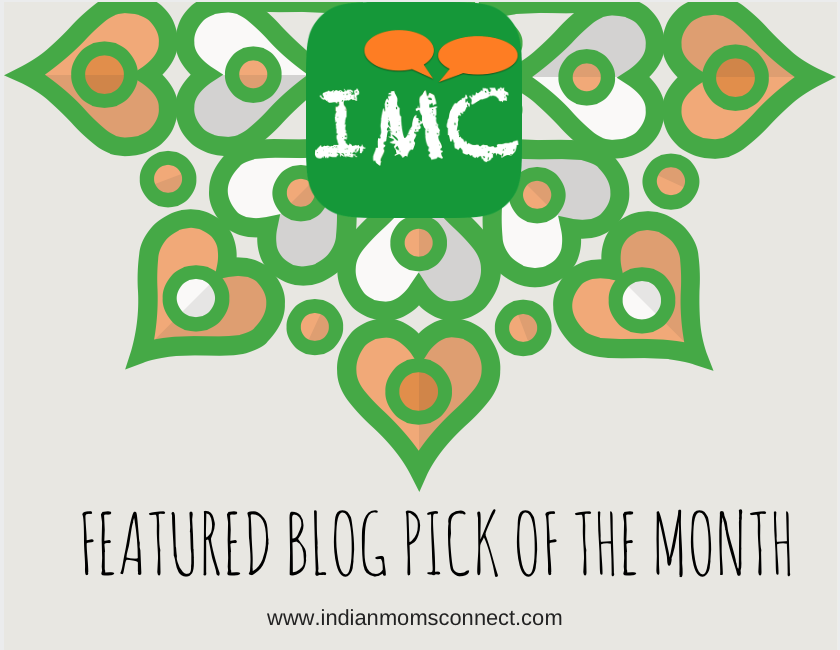Scientists have found that the human brain was not cut out for reading, the way it was for other things like talking, sleeping, eating and figuring out solutions to problems. According to Maryanne Wolf at the Center for Reading and Language Research at Tutts University and author of 'Proust and the Squid: The story and Science of the Reading Brain,' 'human beings were never born to read.'
Unlike the ability to comprehend and create spoken
language, which in normal circumstances will develop according to a program
dictated by our genes, the ability to read needs to be conscientiously acquired
by each individual.
The 'reading circuits' we build are engaged from
the structures in the brain that evolved for other purposes - and these
circuits can be weak or they can be robust, depending on how often and how
vigorously we use them.
The human brain has modified and created new connections to fathom letters and texts. Our brain reads by creating a mental picture of the text based on the placement of the page in the book and the word on the page. This is an acquired skill that one can enhance only as much as one reads.
The human brain has modified and created new connections to fathom letters and texts. Our brain reads by creating a mental picture of the text based on the placement of the page in the book and the word on the page. This is an acquired skill that one can enhance only as much as one reads.
An acquired skill therefore, reading is essential
for our intellectual and emotional development.
And if this hasn't gotten you rooting for books
already, here are the top 5 interesting reasons why it makes perfect sense to
indulge in a book -
1. Increased vocabulary: When
we read, we come across new words that may not be part of our routine. This
introduces us to a whole new world of words, their meanings and usage; thereby
enhancing our vocabulary.
2. Clarity of thought and speech:
Gradually, we start using the new words we read, in our everyday language. This
helps us express ourselves better and in precise words. It also makes us a
better listener as we really understand what someone else is trying to say. We
learn to really listen and not just hear them, in turn helping us become better
human beings.
3. Increased flow of knowledge:
The more we read, the more we get to know about things. A book tells you about
far off places and things that you would never otherwise know about unless you
visit them all.
4. Increased ability at abstract thinking
and problem solving: Reading increases the ability of abstract thinking by
increasing one's power of imagination. This can help when looking for solutions
to problems or by trying to understand a situation from someone else's
perspective.
5. Reading improves memory and the
perception of sensory detail: We create a new memory every time we
read; of what we have read. This basically helps as a good exercise for our
memory muscles. With every such new memory, our brain creates new synapses,
reinforces current ones, and helps in sharpening our memory. Also, when
someone reads slowly, immersing themselves in the story at hand, their
experiences are rich in sensory detail and engage the brain in emotional and
moral questioning. This immersion is buoyed by the way the brain manages
to understand the language rich in detail, insinuation and metaphor: by
creating a mental image that draws on the same regions of the brain that would
be active if the act were actually unfolding in real life.
There are several more advantages to reading that
become evident the more one explores the many facets of reading. But suffice it
so say, that just as the body requires regular exercise to stay fit, so does
the brain require the regular exercise of reading to sustain mental health.
So go ahead, and indulge in a book! It is good for you!



